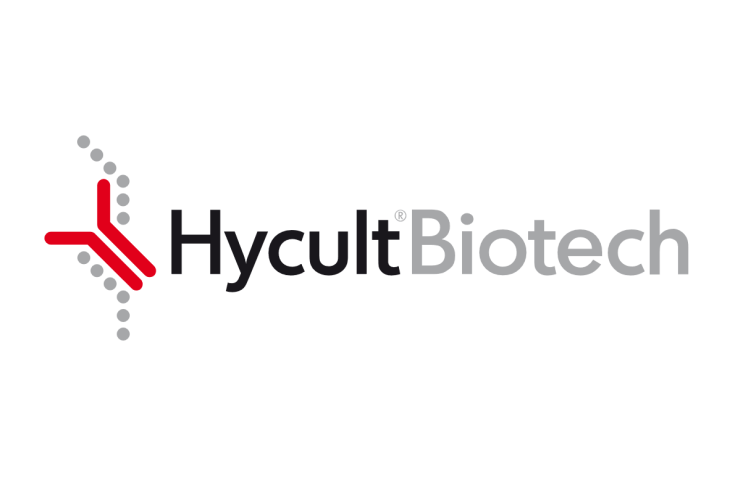The goat polyclonal antibody recognizes human alpha-1-antitrypsin. This protein is a member of the serine protease inhibitor (serpin) superfamily which are proteins known for their ability to inhibit proteases. It is the most abundant circulating protease inhibitor known. It mainly targets enzymes released by neutrophils, especially neutrophil elastase (NE) but also proteinase 3 (PR3) and Cathepsin G (CG). Serpinopathies are conformational diseases characterized by the polymerization and intracellular retention of members of the serpin superfamily. The best known is alpha-1 antitrypsin deficiency, with the most common severe deficiency allele being the Z mutation (Glu342Lys). This severe autosomal dominant disorder causes the protein to undergo a conformational transition and form ordered polymers that are retained within hepatocytes. Due to this accumulation of polymers in hepatocytes, blood alpha-1 trypsin levels will decrease leading to chronic uninhibited tissue breakdown. This causes the degradation especially of lung tissue which will eventually lead to pulmonary emphysema. In addition, accumulation of polymers in hepatocytes causes liver diseases such as neonatal hepatitis, cirrhosis, and hepatocellular carcinoma.
Do you have any questions about this product?
Order your product by email
Productname
Alpha-1 antitrypsin, Human, pAb
HP9063-100UG
By filling out this form, you are placing an order by e-mail. You will receive an order confirmation within one working day. The order cannot be modified after receipt of the order confirmation.
Request a sample
Productname
Alpha-1 antitrypsin, Human, pAb
HP9063-100UG
By filling out this form, you request a sample. You will receive an order confirmation within one working day. The order cannot be modified after receipt of the order confirmation.
Are you looking for specific products, alternatives or documentation?











